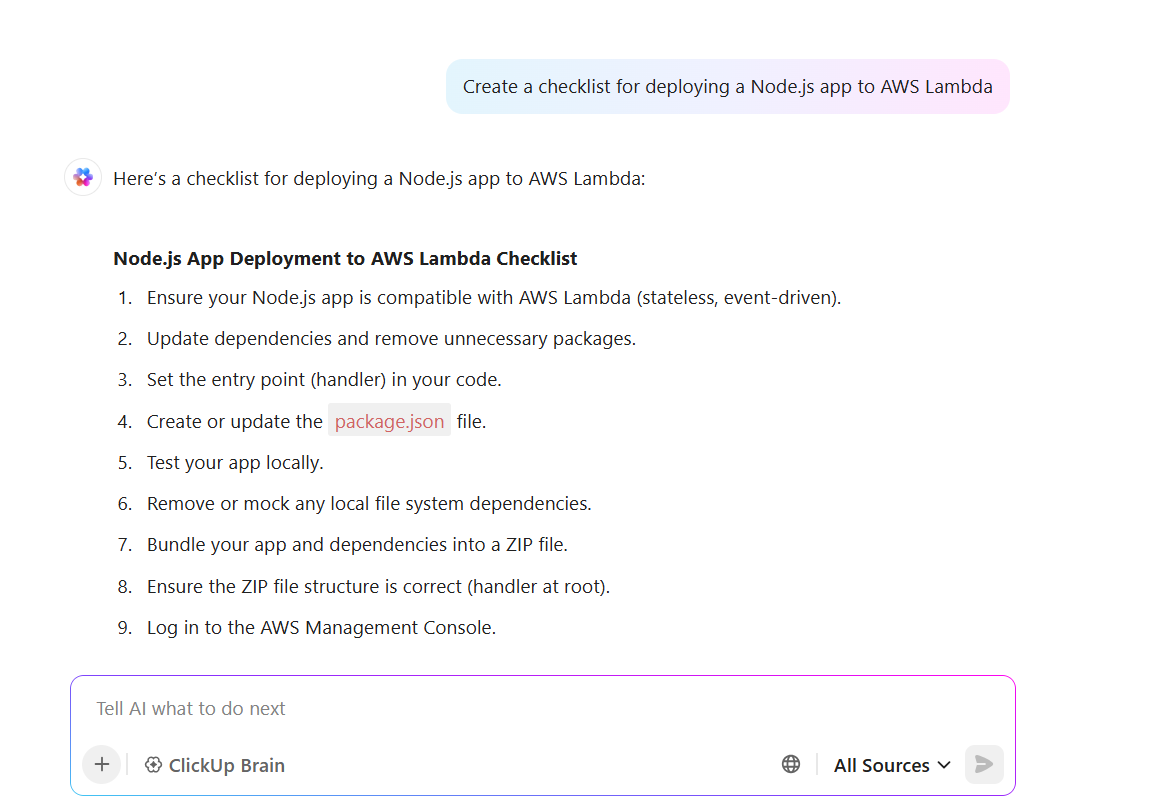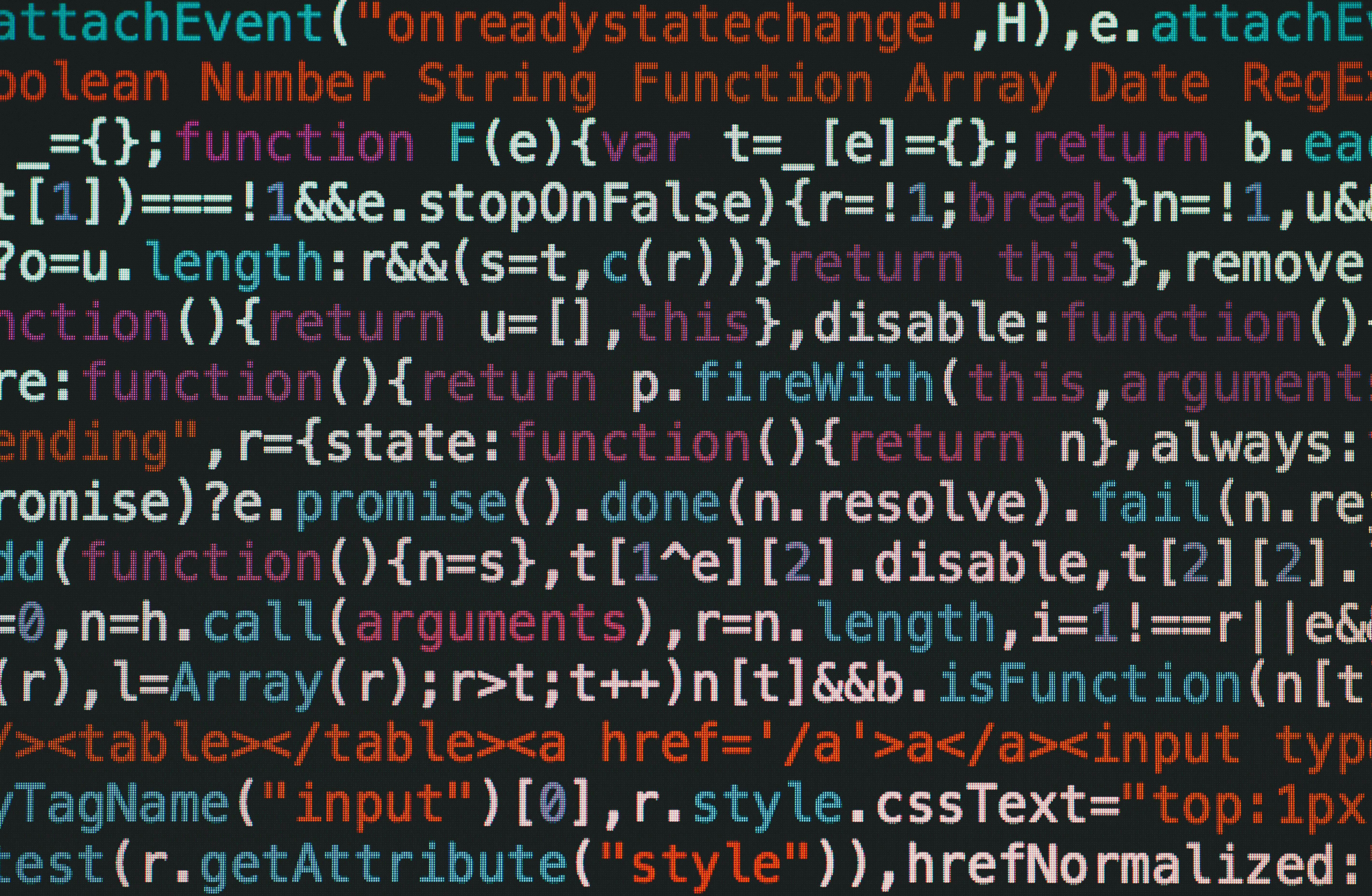1. Introduction
Cloud computing has disrupted how we store, process, and access data by providing on-demand availability of computer system resources without direct active management by users. Traditional cloud services operate on a centralized model where data centers owned by large corporations (like Amazon Web Services, Microsoft Azure, or Google Cloud) host and manage computing resources that users can access remotely.
While these traditional cloud services have enabled significant technological advancements, they come with inherent risks due to their centralized nature. Data breaches affecting a single provider can compromise millions of users’ information. Service outages can render crucial systems inaccessible. Additionally, users must place complete trust in these corporations to handle their data ethically and securely, often with limited transparency into how that data is managed or used.
Decentralized cloud computing offers an alternative paradigm by distributing computing resources across numerous independent nodes rather than consolidating them in centralized data centers. This approach, exemplified by Decentralized Physical Infrastructure Networks (DePIN), leverages blockchain technology to create trustless, transparent systems where control and governance are distributed among network participants rather than concentrated in corporate hands.
2. Advantages of Decentralized Cloud Computing
Decentralized cloud computing provides several significant advantages over traditional centralized models:
Community Ownership and Governance
Unlike traditional cloud services controlled by corporations, decentralized cloud computing enables community ownership through token based governance systems. As documented in the Pasifika Web3 Tech Hub model Constitution, participants can hold governance tokens (like PASIFIKA tokens) that grant them voting rights on operational decisions and platform development. This ensures that the platform serves the interests of its community rather than maximizing profits for shareholders.
Enhanced Data Sovereignty and Security
Data in decentralized systems is typically distributed across multiple nodes rather than concentrated in a few data centers. This distribution reduces vulnerability to single points of failure and large scale breaches. In the Pasifika model, “Providers retain ownership of their data, content, and handicraft designs” with special protections for cultural and traditional knowledge, ensuring that data sovereignty remains with the creators and communities.
Transparent Operations
Blockchain technology enables unprecedented transparency in cloud computing operations. The Pasifika Constitution emphasizes that “All operations, governance, and financial activities are transparent through blockchain technology.” This transparency extends to transaction history, system governance, and resource allocation, allowing users to verify how the system operates rather than relying on trust.
Economic Inclusivity
Decentralized cloud computing can create more inclusive economic models. Traditional cloud services concentrate wealth in large corporations, while decentralized models can distribute value to all contributors. The Pasifika marketplace demonstrates this by enabling various participants from data providers to artisans and farmers to monetize their contributions directly, with “smart contracts on Blockchain automating transactions between providers and consumers.”
Environmental Sustainability
Many decentralized computing initiatives prioritize environmental sustainability. The Pasifika Constitution commits to “sustainable blockchain practices using renewable energy” and specifies that their “Token infrastructure [must have] minimal environmental impact” with “Renewable energy sources (solar, hydro, or other sustainable sources) prioritized for all operations.”
Resilience Through Distribution
Distributed networks offer greater resilience against outages, censorship, and natural disasters. By spreading resources across numerous locations, decentralized cloud computing can maintain operations even when portions of the network are compromised. This is particularly valuable in regions like the Pacific Islands, where limited infrastructure and vulnerability to natural disasters make resilience crucial.
Local Infrastructure Development
Decentralized models can drive infrastructure development in underserved regions. The Pasifika DAO includes “Infrastructure Development” as a core value, building “physical and digital infrastructure that benefits Pacific Island communities.” This includes “Node Operators” (personal computers processing data), “Local Distribution Hubs” connecting remote communities, and specialized centers for digitizing traditional crafts.
3. Decentralized Computing in the Wild
Several promising projects are pioneering decentralized cloud computing approaches:
Pasifika Web3 Tech Hub
As detailed in their constitution, the Pasifika Web3 Tech Hub is creating a “PASIFIKA token powered decentralized marketplace and infrastructure network” specifically designed for Pacific Islanders. This DePIN initiative combines physical infrastructure (node operators, local distribution hubs) with digital infrastructure (token governance layer, blockchain layer-2, verifiable metadata systems) to empower island communities to share and monetize data, digital content, traditional knowledge, handicrafts, and agricultural products.
What makes this project particularly innovative is its integration of cultural values and traditional knowledge with cutting-edge blockchain technology. The system uses dynamic NFTs that “update based on real time conditions, availability, and state changes” to represent everything from digital content to physical goods, with special protections for cultural knowledge and agricultural heritage.
Other Leading Projects in the Space
While the Pasifika Web3 Tech Hub focuses on Pacific Island communities, many other projects are advancing decentralized cloud computing globally. These include distributed storage networks, decentralized computing resources, and specialized infrastructure for particular industries or use cases. Common elements include token based governance, community ownership, transparent operations, and mechanisms to ensure fair distribution of value.
4. Challenges Facing Decentralized Computing
Despite its advantages, decentralized cloud computing faces significant hurdles to widespread adoption:
Technical Barriers
Decentralized systems often struggle with scalability, requiring innovative layer-2 solutions like those implemented by Pasifika. User experience can be challenging, with interfaces and workflows that are less streamlined than centralized alternatives. Additionally, maintaining security across a distributed network requires sophisticated cryptographic approaches and governance mechanisms.
Knowledge and Training Gaps
The technical complexity of decentralized systems creates substantial knowledge barriers. The Pasifika Constitution recognizes this challenge by including provisions for “Technical Capacity Building” through “Training programs for local token operations and management,” “Education initiatives for blockchain and cryptographic skills,” and “Support for Pacific Islander developers and technical contributors.”
Integration with Existing Systems
For many organizations, completely replacing centralized cloud infrastructure isn’t feasible. Hybrid approaches that bridge decentralized and traditional systems will be essential for adoption. Frameworks for compatibility and data portability between different systems will need to be developed and standardized.
Governance Complexity
While community governance offers advantages, it also introduces complexity in decision making processes. The Pasifika model illustrates this with detailed governance structures including “token based governance,” “quadratic voting mechanisms,” various working groups, and specified majority requirements for different types of decisions. Effective governance that balances efficiency with genuine community control remains challenging.
Solutions for Mainstream Adoption
To overcome these challenges, several approaches show promise:
- Simplified User Interfaces: Abstracting the underlying complexity with intuitive interfaces that require minimal blockchain knowledge
- Hybrid Models: Creating systems that leverage decentralized benefits while maintaining compatibility with existing infrastructure
- Education and Training: Expanding technical capacity through targeted training programs like those proposed by Pasifika
- Standardization: Developing common standards for interoperability between different decentralized systems
- Regulatory Clarity: Working with regulators to establish clear frameworks that recognize the unique aspects of decentralized models
5. Conclusion
Decentralized cloud computing represents a fundamental shift in how we approach digital infrastructure moving from corporate controlled, centralized models to community governed, distributed systems. While traditional cloud services have driven remarkable innovation, they also concentrate power and control in ways that can limit inclusive participation and create systemic vulnerabilities.
Projects like the Pasifika Web3 Tech Hub demonstrate how decentralized approaches can align technological advancement with community values, cultural preservation, and environmental sustainability. By distributing not just computing resources but also governance authority and economic benefits, these systems have the potential to create more resilient, equitable digital ecosystems.
The path to widespread adoption will require overcoming significant technical and organizational challenges. However, the potential benefits enhanced security and privacy, community ownership, transparent governance, and more equitable distribution of value make these efforts worthwhile. As these systems mature and become more accessible, they may fundamentally transform our relationship with digital infrastructure, returning control to the communities that rely on these services rather than consolidating it in corporate entities.
In a world increasingly concerned with data sovereignty, digital equity, and the concentration of tech power, decentralized cloud computing offers a compelling alternative vision for our technological future.











